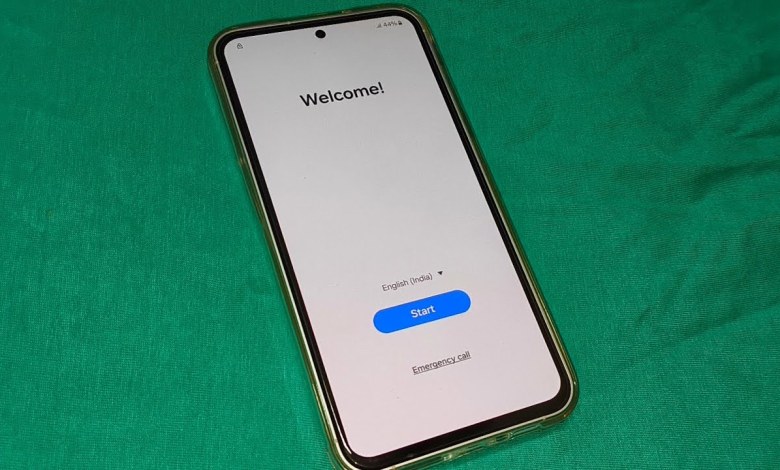Unlocking Secrets: Samsung Galaxy S23 FE/S23/S24 5G FRP Bypass for 2025!

Samsung Galaxy S23 FE/S23/S24 5G FRP Bypass 2025 | New Update Method | Easy & Fast
The Power of Music and Applause
Introduction
Music is an intrinsic part of human culture. From the soothing melodies of classical compositions to the energetic beats of modern pop, it shapes our emotions and experiences. Alongside music, the sound of applause creates a unique atmosphere, enhancing the enjoyment of performances. In this article, we will explore the fascinating relationship between music and applause, their psychological effects, and their significance in various cultural contexts.
The Psychology Behind Music
Music has a profound impact on our psychology. Research suggests that listening to music can influence our mood, relieve stress, and even improve cognitive functions. The rhythm and melody can evoke powerful emotions—from joy to sadness—allowing individuals to connect deeply with their feelings.
Studies show that certain genres of music can affect neurological responses. For example, classical music, often associated with calmness and relaxation, has been proven to lower blood pressure and reduce anxiety. Conversely, upbeat pop or rock music can energize listeners, making it a popular choice for workouts and celebrations.
Applause: The Sound of Appreciation
Applause is a universal sign of approval and appreciation. It reflects the audience’s enjoyment and recognition of a performance, creating a feedback loop that enhances the performer’s experience. When an audience claps, it not only acknowledges the artist’s effort but also fosters a sense of community among attendees.
From theatrical plays to concerts, applause plays a critical role in performances. The sound of clapping serves as an encouragement to the artist, motivating them to give even more during the show. This mutual exchange can elevate the overall experience for both the performers and the audience.
Music and Applause in Cultural Context
Different cultures have unique ways of expressing appreciation through music and applause. In Western cultures, a standing ovation signifies a high level of appreciation, while in some Asian cultures, more subdued forms of appreciation, such as nodding or quiet clapping, are preferred.
Moreover, various musical genres are celebrated in distinct ways. For example, jazz performances often involve spontaneous interactions between musicians and audiences, with applause occurring at unexpected moments, adding to the improvisational nature of the genre.
The Role of Music Festivals
Music festivals are a perfect illustration of the synergy between music and applause. These events draw thousands of fans together, creating a vibrant atmosphere filled with excitement, energy, and shared experiences.
At festivals, applause becomes a communal activity, transcending individual appreciation. The collective experience of clapping and cheering can create lasting memories, fostering connections among festival-goers. The anticipation of live performances often leads to euphoric moments of applause, creating a palpable sense of unity and joy.
Technological Advances in Music
With the advent of technology, the way we consume and appreciate music has transformed dramatically. Streaming platforms have made music universally accessible, allowing listeners to enjoy their favorite tracks anytime, anywhere.
Despite the digital shift, the essence of live performances remains unmatched. Virtual concerts and live-streamed events have gained popularity, yet the experience of hearing applause in a physical venue continues to be cherished.
Music Therapy: The Healing Power of Sound
Music therapy utilizes the therapeutic effects of music to aid individuals in overcoming emotional, physical, or mental challenges. This innovative approach harnesses the power of music to promote healing and well-being.
Patients in music therapy sessions often experience significant improvements in their mood and emotional well-being. The act of listening, engaging with instruments, or even participating in music creation can provide necessary comfort and relief. The recognition of applause from therapists or other participants can reinforce positive outcomes.
Conclusion
The intricate relationship between music and applause is a testament to the power of sound as a universal language. Both elements play significant roles in shaping our emotions, social interactions, and cultural experiences. As we continue to evolve in our understanding of music, the appreciation expressed through applause will remain a vital part of this dynamic collaboration, fostering connection and joy across the globe.
Call to Action
Whether you’re an artist, a music enthusiast, or someone who enjoys live performances, take a moment to appreciate the music and the moments of applause that surround you. Let the rhythms inspire you and the claps remind you of the joy of shared experiences.
#Samsung #Galaxy #S23 #FES23S24 #FRP #Bypass













